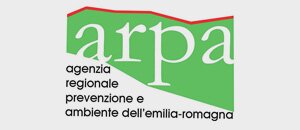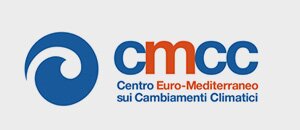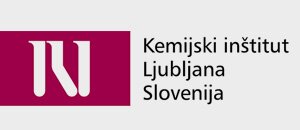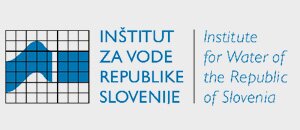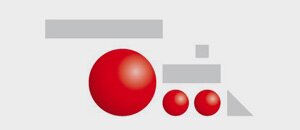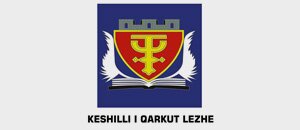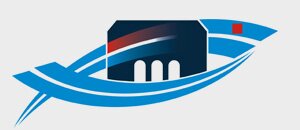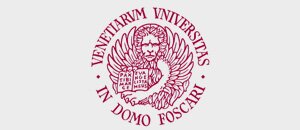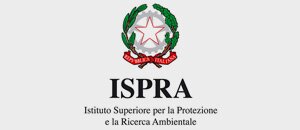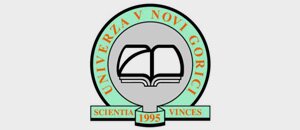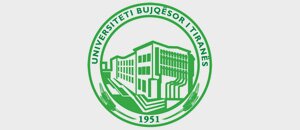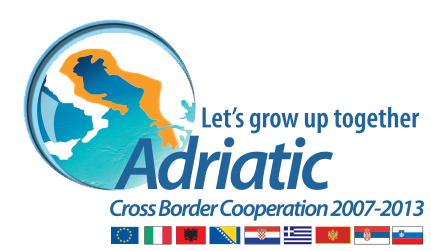MICRO 2015 is succesfully finished! Thanks to all the participants!
Two more events organized by DeFishGear in 2015:
- International Summer school on plastic marine litter (link), June 11-24, Nova Gorica, Slovenia (University of Nova Gorica)
- International Conference on Marine Litter, A Wake of Plastics (link), October 13-15, Venice, Italy (Ca Foscari University, Venice)
Abstract submission date is PROLONGED: 13. April 2015
Notiffication of acceptance: 24. April 2015.
Registration deadline: 24. April 2015
Book of abstracts is attached at the end of this page
MICRO 2015 is a conference on microplastics issues 2015, organized within the DeFishGear project (defishgear.net).
Conference will be held on May 4-6 2015 at Marine Biology Station in Piran, Slovenia and is FREE OF CHARGE.
Scientific program
Tuesday, May 5, 2015
Wednesday, May 6, 2015
Social Program
Monday,May 4, 2015 Registration and networking reception
Tuesday, May 5, 2015 Conference Dinner
Conference Fees
The conference has no fee, however capacity is limited and will be available on a first-come first-serve basis.
On the 24th of July, ISPRA organised a short Conference titled "Participatory Research and Protection of Environment". The Conference was organised under the umbrella of two projects financed by the European Union - GAP2 and the DeFishGear. It was organised at the EXPO pavilion "AQAE Venezia 2015", and it focused on positive experiences of joint work of fishermen from Chioggia and researchers of ISPRA in the scope of two activities:
- Monitoring of fish resources within GAP and GAP2 project
- Fishing for Litter within DeFishGear project
The Conference gathered fishermen, researchers of ISPRA but also another partner of the DeFishGear project - Ca'Foscari University of Venice, representative of the Veneto Region and IPA Adriatic project Ecosea.
The DeFishGear project researchers presented the importance of involving the fishermen in all sea-related issues. Concrete examples of the significance of their involvement were given through the presentation of the "Fishing for Litter" activities implemented within the DeFishGear project, in which they had an active role. Interesting discussion between researchers and fisherment followed the presentation. The overall conclusion of the conference was that a comprehensive approach is needed when the sea-related issues are concerned.
Posters made by children during the "Marine Litter Course" were also exhibited during the Conference.
One of the Greek partners on the DeFishGear project (Hellenic Centre for Marine Research - HCMR) has organized twofold National Info Day: one in Corfu and the other in Heraklion, Crete. First event was organized in cooperation with the Corfu Mayor’s office and other authorities of Corfu Town (Greek Case study Area in the Ionian, Adriatic Sea).
Upon this occasion, HCMR presented the DeFishGear Project in one of the Town’s governing Councils to whom 55 members appertain.
Besides showcasing the DeFishGear project, the event included quite interesting debate with the council members and local media representatives. For the purposes of this event, tailor made DeFishGear leaflet, summarizing the aims of the project and the actions to be taken forward locally by the HCMR project team has been prepared.
Second event within the DeFishGear National Info Days in Greece was organized in Heraklion, Crete on April 30th 2014. For this event, another leaflet, addressing general public and promoting project activities in Greek and English was produced. Informal presentation of the project aims was a great possibility for the visitors of the public aquarium CretAquarium and adjacent café/beach area to hone into the many aspects of the amazing DeFishGear project which is about to be unfolded in near time.
One thing that certainly distinguishes the DeFishGear project from the others is the constant quest for the new and innovative ways for project promotion in order to anchor direct and permanent bonding with its stakeholders and other similar initiatives in the Adriatic Region.
Two Italian DeFishGear partners (ISPRA and Ca’ Foscari University of Venice) and well known Italian environmental NGO “Legambiente” united their forces in efficient tackling of marine litter and micro-plastic pollution through the campaign named “Don’t Waste Venice”, organized under the umbrella of the DeFishGear project.
“Don’t Waste Venice” is a floating litter monitoring campaign of Venice canals which has been launched in June 2015. Innovative touch has been given to the aforesaid campaign through the organization of the press conference on Legambiente’s schooner Goletta Verde back to back with the monitoring of floating litter in S. Mark’s Basin, one of the most important stops of the Legambiente annual monitoring campaign of the sea quality in Italian seas.
Upon this occasion, Don’t Waste Venice initiative and results of the Goletta Verde 2014 Sea Monitoring Campaign in the Adriatic and Mediterranean Sea were presented in a nut shell by Mr. Luigi Lazzaro and Ms. Serena Carpentieri, Legambiente Veneto president and Goletta Verde campaign responsible.
Mr. Tomaso Fortibuoni and Mr. Giulio Pojana, representatives of the two Italian DeFishGear partners (ISPRA and Ca’ Foscari University of Venice) presented in short the basics of micro-plastic pollution and its dynamics into the sea and showcased rather impressive preliminary results of the Don’t Waste Venice initiative and Seafloor Litter Monitoring Campaign performed in Italy in 2014.
Thus, preliminary monitoring results of the Don’t Waste Venice campaign boil down to more than 500 floating objects monitored and collected along 7 km (on average 1 floating litter object each 13 meters) in only one day. 87% of the waste material collected was plastic waste (plastic liquid containers represented more than 25%, plastic/polystyrene fragments 16%, packaging parts 12% and etc.). Cigarette buds and packs, as well as lighters represented about 9% of the objects found, and both full and empty garbage bags of garbage contributed with 6%.
On the other hand, Seafloor Litter Monitoring Campaign, based on 16 hauls in an area of approximately 5.000 km2, showed an average density of approximately 720 items per km2, and a density by weight of 100 kg per km2. Litter objects at the sea bottom in a nut shell were composed of plastic (92%), rubber (3%), metal, (3%) and textile (2%).
Projects Marlisco and DeFishGear organized a National Forum on Marine Litter, on Wednesday, February 4th 2015, in Strunjan, Slovenia, with the purpose of stimulating a public debate on this issue.
The forum was joined by over 30 representatives of legislature, municipalities, NGOs, researchers and the economy, as well as participants joining the event on-line. After the presentations of Marlisco and DeFishGear projects and their efforts in this area, the panel of experts from various fields gave their own view of the situation and their opinion on where the improvements should be made.
Through an open discussion and group work, participants developed proposals for measures to improve the situation, including strengthening the awareness, improving control over the illegal discharge of waste, reuse and education on how to reduce the consumption of plastic in everyday life (e.g. shopping).
All the proposed measures will be presented in a report which will be forwarded to various actors at national and local level in Slovenia, as well as to partners of both projects which will consequently spread these ideas also beyond the borders of Slovenia.


